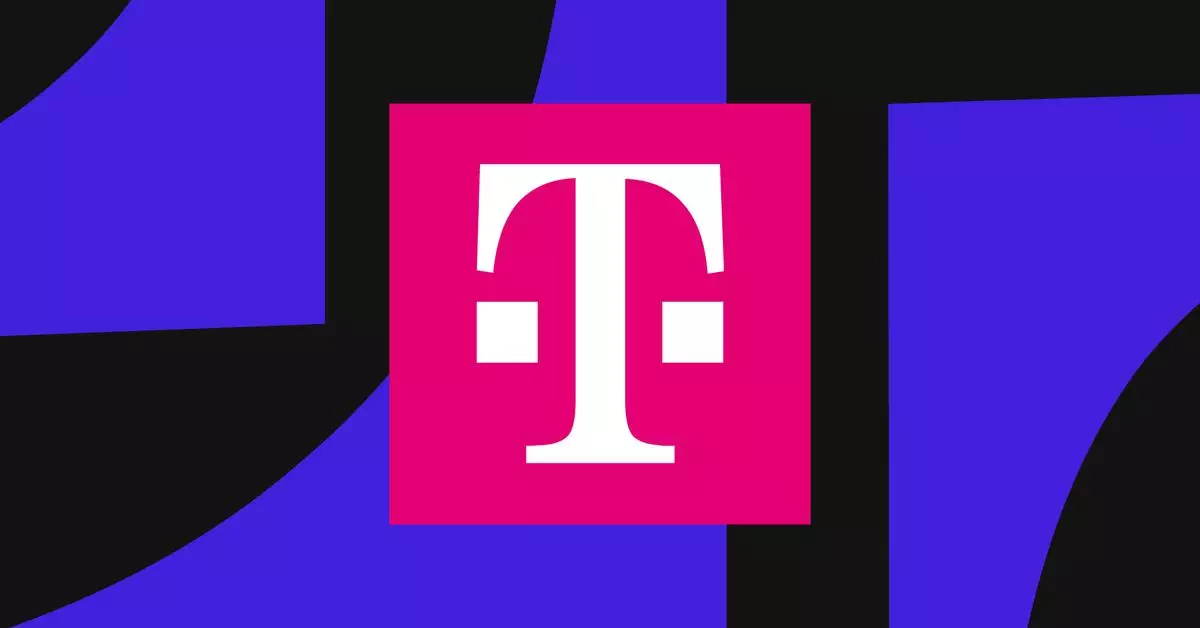In a decisive move to counteract its troubled cybersecurity history, T-Mobile has allocated substantial resources to revamp its security protocols, following a settlement with the US Federal Communications Commission (FCC). The agreement marks a pivotal chapter for the telecommunications giant as it agrees to invest millions into improving its cybersecurity infrastructure. Alongside this financial commitment, T-Mobile is also facing a civil penalty of $15.75 million, directly mirroring its internal investment efforts, demonstrating the gravity and dual approach in addressing both rectification and prevention of future breaches.
T-Mobile’s journey through the recent years has been marred by a series of data breaches that have compromised sensitive information, including social security numbers and personal addresses of millions. These incidents have raised significant concerns among customers and regulators alike. The FCC heralds this settlement as “groundbreaking”, envisioning it as a benchmark for the telecommunications industry moving forward, emphasizing the importance of robust cybersecurity measures in protecting consumer data.
The issues behind T-Mobile’s cybersecurity vulnerabilities emerged not just from one singular incident but were attributed to a variety of exploitations. This complexity has necessitated a comprehensive response, addressing the multifaceted nature of cyber threats currently confronting the industry.
To bolster its cybersecurity framework, T-Mobile is implementing critical shifts in its corporate governance. Notably, the Chief Information Security Officer (CISO) will be required to report to the board about the current cybersecurity landscape and associated risks regularly. This commitment reflects a broader understanding that effective cybersecurity governance must involve individuals with expertise in the field at the highest levels, fostering an environment where security is viewed as a top priority rather than an afterthought.
This directive not only increases transparency at the executive level but also aligns T-Mobile with best practices seen in well-regarded companies across various sectors. It acknowledges that sound cybersecurity practices cannot be implemented in isolation but must be embedded within the core governance structure of the organization.
T-Mobile’s commitment to adopting a modern zero-trust architecture showcases its willingness to embrace contemporary security paradigms. This approach, which involves continuous verification of users and segmentation of networks, is a crucial step in future-proofing T-Mobile against the dynamic landscape of cyber threats.
In conjunction with this, the company will enhance its identity and access management practices, prioritizing multi-factor authentication methodologies. This is a necessary evolution; the misuse of authentication methods remains one of the foremost pathways through which cybercriminals execute their attacks. By adopting robust identity verification measures, T-Mobile aims to secure not only its infrastructure but also the sensitive information of its customers.
As T-Mobile embarks on this transformative journey, it sets a critical precedent for the telecommunications industry, highlighting the urgent need for enhanced cybersecurity measures in a landscape fraught with risks. This settlement serves not only as a remedy for past oversights but also lays the groundwork for a more secure future, reinforcing the notion that robust cybersecurity is integral to customer trust and corporate responsibility. The success of these initiatives could redefine industry standards and offer valuable insights for other organizations striving to strengthen their cybersecurity defenses in an increasingly vulnerable digital world.

